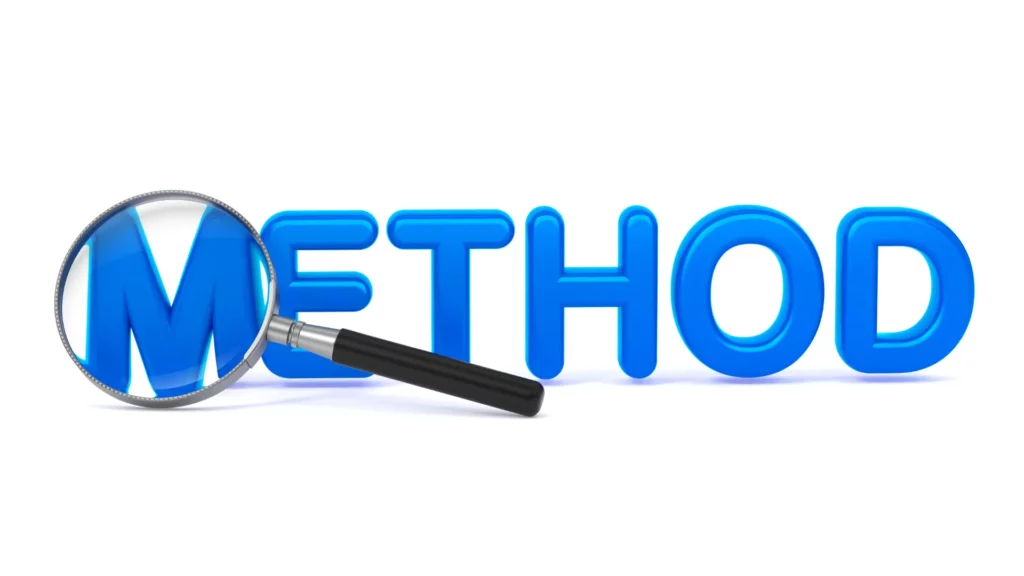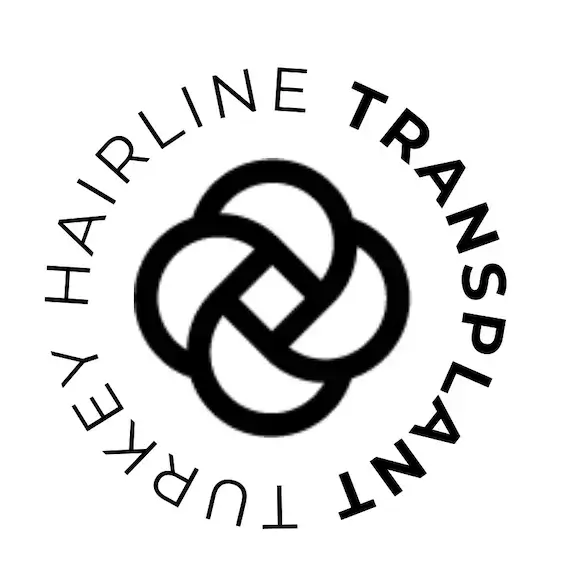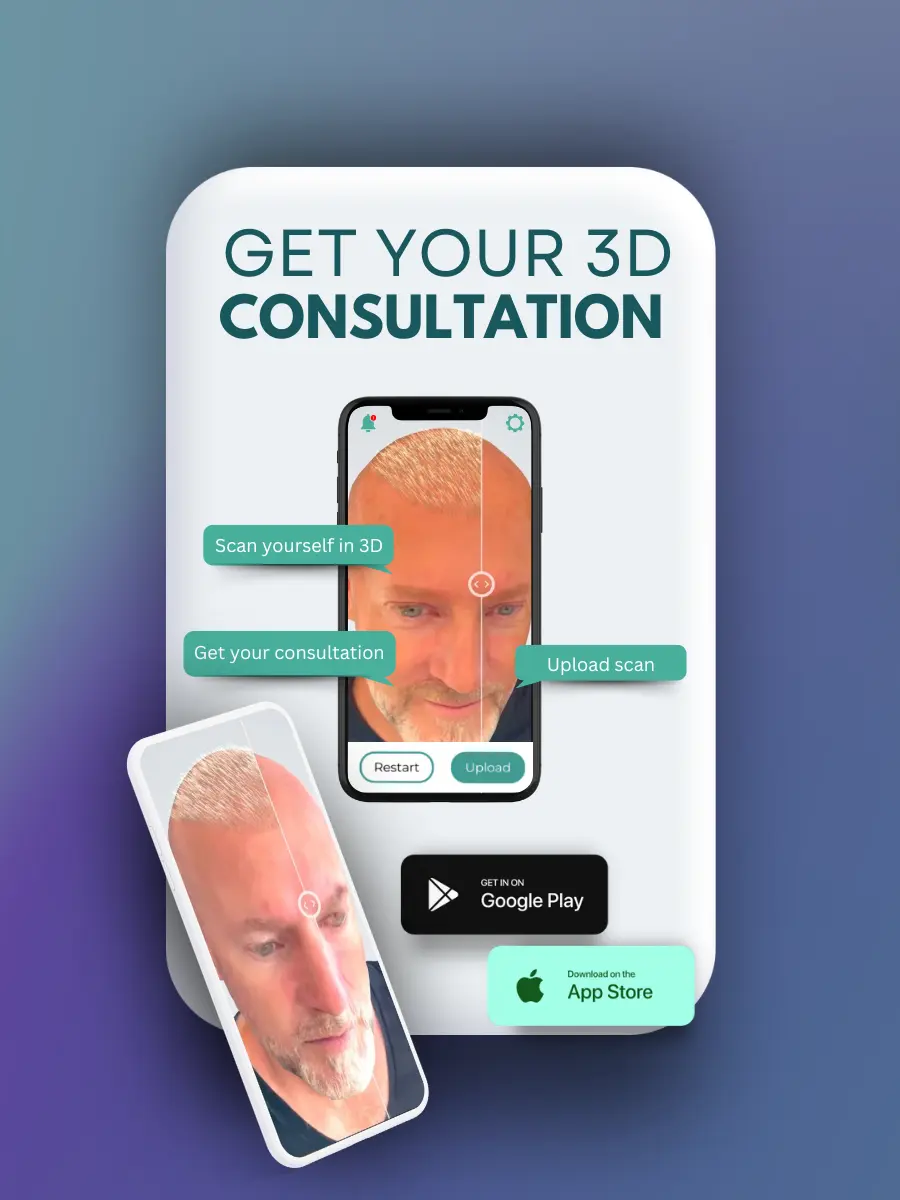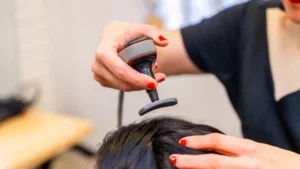Natural healing methods have long been used to enhance wellness, offering individuals the opportunity to improve their physical and mental health without reliance on pharmaceuticals. With the rise in interest around holistic health, many people are seeking natural healing methods as an alternative or complement to traditional medical treatments.
Natural healing methods encompass a wide array of techniques and practices, from herbal remedies to mindfulness practices, each designed to promote healing, balance, and overall well-being. By focusing on the body’s innate ability to heal itself, these methods empower individuals to take an active role in their health.
In this article, we will explore the various natural healing methods available today, looking at their benefits and how they can be applied to everyday life. From addressing common health issues like stress and chronic pain to supporting post-surgical recovery, these methods are versatile tools in the journey to better health.
We will also highlight how natural healing practices can complement other treatments, especially in areas like hair transplant recovery, including managing swelling after hair transplant and knowing how to regain hair loss from stress.
Understanding Natural Healing
Natural healing refers to treatments that leverage the body’s innate ability to heal itself, often using non-invasive, natural substances and methods. These treatments are designed to balance and restore the body’s natural state of health by focusing on physical, mental, and emotional well-being.
The foundation of natural healing lies in the belief that the body can repair itself, given the proper conditions. Practices such as herbal medicine, acupuncture, yoga, and meditation are central to this approach.
Historically, natural healing methods have been used for centuries by various cultures. In Ancient Greece, for instance, Hippocrates, often called the “father of medicine,” emphasized the importance of diet, exercise, and environmental factors in maintaining health.
Similarly, Traditional Chinese Medicine (TCM) and Ayurveda from India have long been used to treat illnesses using natural remedies derived from plants, minerals, and other natural sources.
Today, as modern medicine continues to advance, many individuals are incorporating natural healing methods into their healthcare routines. Whether used for prevention, maintenance, or recovery from specific conditions, natural healing methods can play a pivotal role in maintaining overall health and wellness.
How to Get Started with Natural Healing
If you’re new to natural healing, it’s essential to approach it with patience and a willingness to explore various methods that suit your needs. The first step is to integrate simple practices into your daily routine.
Begin with stress-relieving techniques like meditation or deep breathing exercises, which help calm the mind and improve emotional well-being. Yoga is another great starting point, offering both physical and mental benefits, such as improved flexibility and reduced stress levels.
For those looking to address specific health concerns, consider herbal remedies. Start by incorporating calming teas like chamomile or peppermint into your routine to support relaxation and digestive health. As you become more comfortable, you can explore other natural treatments like acupuncture, aromatherapy, or essential oils.
If you’re recovering from surgery, such as a hair transplant, consult with a healthcare professional before starting any natural healing methods to ensure they complement your medical care.
Over time, as you become more familiar with these techniques, you can expand your natural healing routine to include more specialized treatments, such as detoxification practices or nutrition adjustments aimed at boosting overall wellness.

Popular Natural Healing Methods
Herbal Medicine
Herbal medicine is one of the oldest and most widely practiced forms of natural healing. Plants and herbs have been used for thousands of years to treat a variety of ailments, from digestive issues to stress relief. Popular herbs like turmeric, ginger, ginseng, and echinacea are known for their anti-inflammatory, immune-boosting, and healing properties.
For those recovering from hair transplant surgery, natural remedies such as herbal teas (like peppermint or chamomile) may promote relaxation and reduce stress, aiding in the healing process.
Additionally, certain herbs can support healthy hair growth and prevent hair loss. However, it’s important to always consult a healthcare professional before beginning any herbal treatment, especially in combination with other medications.
Aromatherapy
Aromatherapy involves the use of essential oils to promote healing and relaxation. Essential oils like lavender, eucalyptus, and peppermint have been shown to alleviate stress, improve sleep, and even enhance cognitive function. Aromatherapy can be used via diffusion in the air, topical application (with a carrier oil), or inhalation.
For individuals recovering from a hair transplant, aromatherapy may help to alleviate the swelling after hair transplant and reduce stress during the healing process. The calming effects of essential oils can also be beneficial in managing the mental and emotional aspects of recovery.
Acupuncture
Acupuncture, a key component of Traditional Chinese Medicine, involves the insertion of fine needles into specific points on the body to restore balance and stimulate the body’s healing response. Research has shown that acupuncture can be effective in treating chronic pain, anxiety, and even promoting hair growth in cases of alopecia.
For those recovering from a hair transplant, acupuncture may assist in stimulating the scalp, promoting circulation, and supporting the healing process. It can also help reduce swelling after hair transplant and address any discomfort or tension that may arise.
Yoga and Meditation
Yoga and meditation are mind-body practices that have been shown to enhance both mental and physical health. Yoga focuses on gentle stretches, strengthening poses, and controlled breathing, while meditation is used to quiet the mind and relieve stress.
In the context of post-surgery recovery, yoga can be beneficial for restoring mobility and managing discomfort in the body, especially if recovering from procedures like hair transplant surgery. Meditation, on the other hand, can help manage stress and promote emotional well-being, crucial for individuals dealing with hair loss or recovery from surgery.
Natural Healing for Specific Health Conditions
Stress and Anxiety
Natural healing methods are particularly effective for managing stress and anxiety. Techniques such as meditation, aromatherapy, and yoga are proven to reduce cortisol levels, the hormone associated with stress. Additionally, herbal remedies like lavender or chamomile can promote relaxation and help improve sleep.
For individuals experiencing hair loss from stress, practicing meditation or engaging in relaxation exercises can be beneficial. This not only reduces the stress itself but can also support hair regrowth by addressing the root cause of the issue.
Chronic Pain and Inflammation
Chronic pain and inflammation can be managed effectively using natural healing methods. Herbal remedies, such as turmeric and CBD oil, are known for their anti-inflammatory properties and can be used to alleviate joint pain, muscle soreness, and other chronic pain conditions.
For individuals who have undergone a hair transplant, managing inflammation and discomfort is key to a smooth recovery. Herbal remedies, acupuncture, and gentle yoga can help reduce swelling after hair transplant and promote healing by improving blood flow and reducing inflammation in the treated area.
Digestive Issues
Natural healing methods can also support digestive health. Herbal teas like peppermint or ginger can soothe an upset stomach, reduce bloating, and aid digestion. Probiotics and a diet rich in fiber can also support a healthy gut.
Post-hair transplant, ensuring proper digestion can aid in recovery by maintaining good overall health. Reducing stress through practices like meditation and yoga also has a positive effect on digestion, supporting the body’s natural healing mechanisms.
The Science Behind Natural Healing
While natural healing methods have been practiced for centuries, their effectiveness is increasingly supported by modern scientific research. Studies have shown that many herbal remedies have pharmacological effects that can support healing.
For example, turmeric has been found to possess strong anti-inflammatory properties, while ginseng is believed to boost the immune system.
Moreover, the placebo effect plays a crucial role in healing. When individuals believe in the effectiveness of a natural treatment, their body may respond positively, highlighting the power of the mind-body connection.
This is especially relevant in recovery from surgeries, such as hair transplants, where the psychological aspect of healing is just as important as the physical recovery.
Considerations and Safety
While natural healing methods offer many benefits, it is essential to approach them with caution. Always consult a healthcare provider before beginning any new natural treatment, especially if you are recovering from surgery or taking prescription medications. Overuse of herbs or supplements can also lead to side effects or interactions with other treatments.
For individuals recovering from hair transplant surgery, it’s important to follow the advice of a medical professional regarding post-surgery care, including the use of herbal treatments or physical practices like yoga. Consulting with a professional ensures that treatments like covering head after hair transplant are done safely to avoid damaging the healing scalp.
Natural Healing Success Stories
Many individuals have successfully used natural healing methods to improve their health and recover from surgery.
For example, one person recovering from a hair transplant found that combining herbal remedies, acupuncture, and yoga helped reduce swelling and stress, leading to a smoother recovery.
Another success story comes from someone who struggled with hair loss due to stress. By incorporating meditation and a healthy diet, they were able to regain hair loss from stress, demonstrating the power of natural healing in addressing hair-related issues.
Post-Hair Transplant Recovery
Sarah, who underwent a hair transplant, faced common issues like swelling after hair transplant and concerns about how to wash hair after hair transplant. She integrated acupuncture and aromatherapy into her recovery routine.
The acupuncture helped increase blood flow to her scalp, while aromatherapy with lavender essential oil reduced her stress. This combination expedited her recovery, minimized swelling after hair transplant, and supported hair regrowth.
Regaining Hair Loss From Stress
Mark, suffering from stress-induced hair loss, turned to meditation and yoga to reduce his stress levels. He also used rosemary oil and ginseng to promote hair growth.
Over several months, Mark saw significant improvement in his hair volume and thickness. His story is a perfect example of how stress management and natural treatments can reverse hair loss caused by anxiety.
Chronic Pain Relief
Emily, dealing with chronic pain, found relief through a combination of yoga, acupuncture, and turmeric. These natural healing methods helped reduce inflammation, improve flexibility, and significantly decrease her pain.
These stories show that natural healing methods can play a crucial role in achieving lasting health benefits.
Conclusion
Natural healing methods offer a powerful way to promote health, recover from surgery, and maintain overall wellness.
By embracing techniques like herbal medicine, yoga, and aromatherapy, individuals can support their body’s natural healing processes.
Whether managing stress, promoting hair regrowth, or supporting post-surgery recovery, natural healing methods provide a holistic approach to health.
Remember to always consult with a healthcare provider before starting any new treatment, especially when recovering from procedures like hair transplants.














